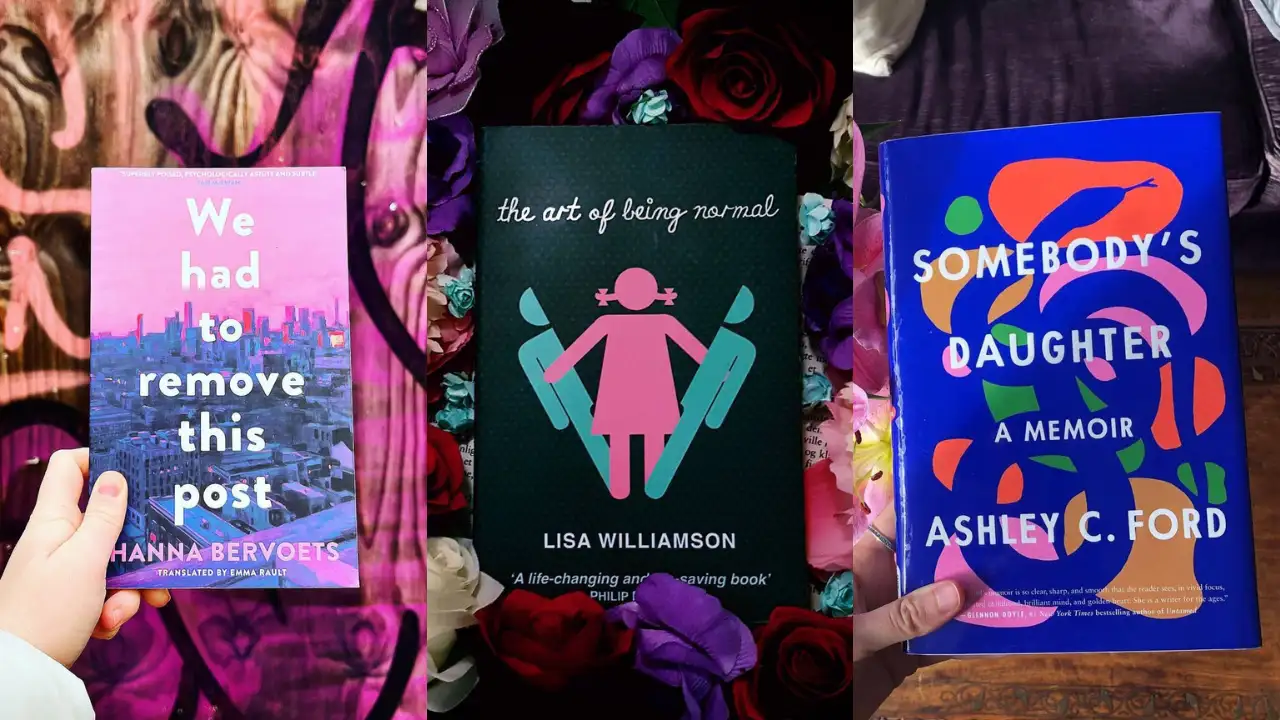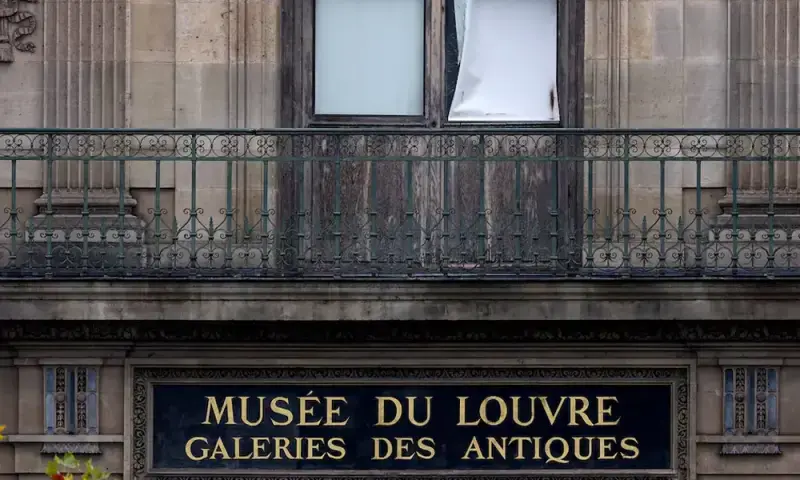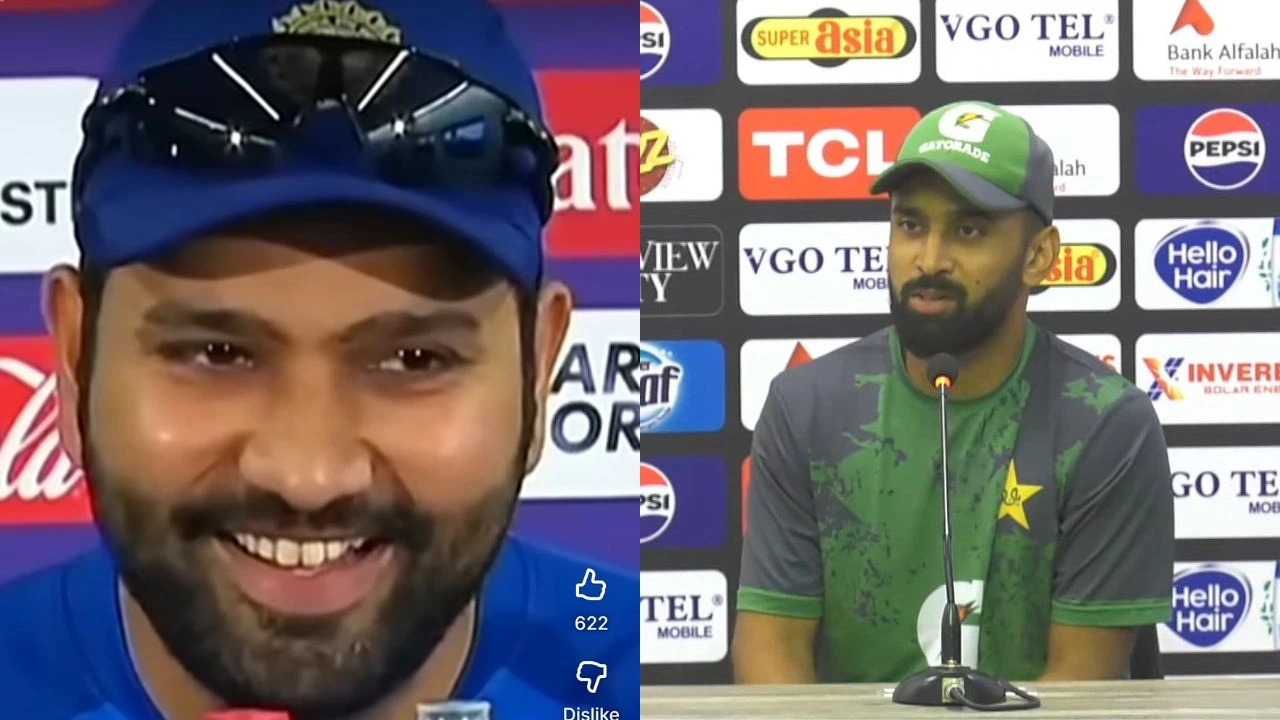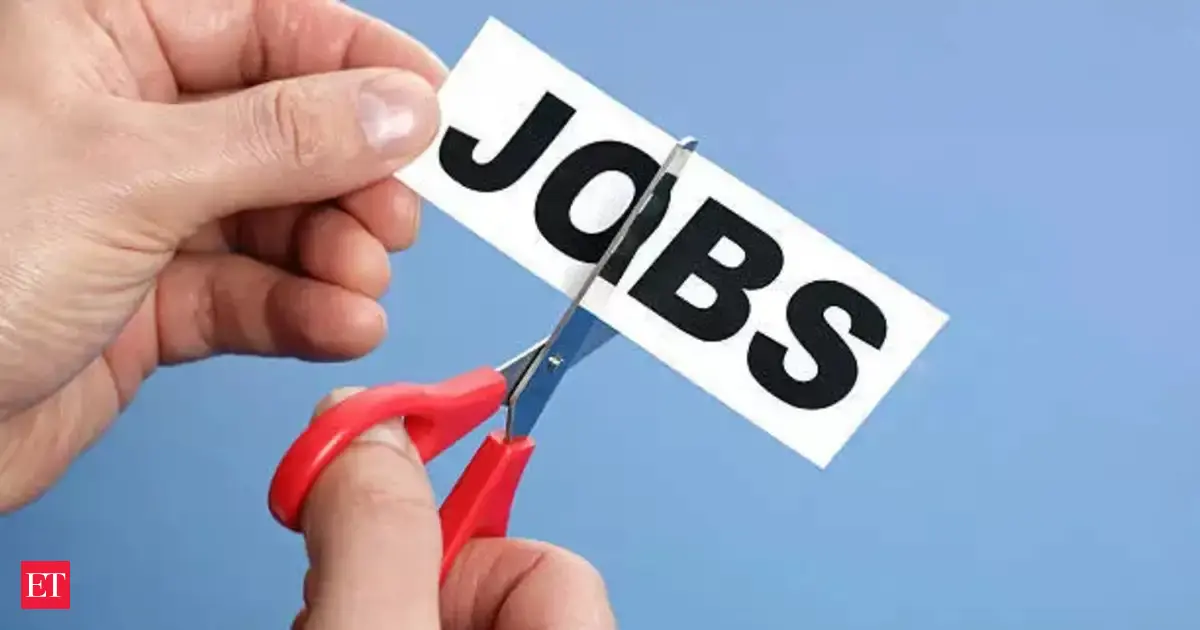Copyright timesnownews

Have you ever felt stuck between wanting to give up and desperately wanting to live? Baek Se-hee's honest conversations with her therapist showed us that mental health struggles don't need perfect solutions, just real ones. If her raw vulnerability about depression, anxiety, and learning to understand herself resonated with you, these eight books will feel like sitting with a friend who truly gets it. They explore the messy, complicated journey of healing when your own mind feels like your biggest obstacle. Also Read: 8 Books to Read If You Liked 'Convenience Store Woman' 1. Inferno by Catherine Cho A Korean American writer gives birth to her first child and shortly after experiences a sudden psychotic break that lands her in a psychiatric facility in New Jersey. Catherine Cho recounts losing touch with reality, believing her family was in danger and that she was caught in some kind of cosmic struggle between good and evil. She describes the terrifying experience of hospitalisation, being restrained, medicated, and slowly regaining awareness while struggling to understand what happened and why. Cho weaves together her recovery with reflections on her identity as the daughter of Korean immigrants, the pressure of model minority expectations, and unprocessed grief about her brother's death years earlier. 2. The Art of Being Normal by Lisa Williamson Two teenagers at an English secondary school form an unlikely friendship built on the secrets they each carry about their identities. David has known since childhood that he is actually a girl, spending years planning for transition while hiding this truth from everyone. Leo is the new student, mysterious and hostile, avoiding connections while clearly running from something in his past. Lisa Williamson alternates between their perspectives as their friendship develops and their secrets begin threatening to surface. David navigates bullying, his parents' obliviousness, and his own terror about coming out as transgender. Leo's story gradually reveals that he is transgender and transitioned socially at his previous school before violence forced him to move and go back to presenting as female. 3. The Lonely City: Adventures in the Art of Being Alone by Olivia Laing A writer moves to New York City for a relationship that immediately falls apart, leaving her isolated in a city of millions where she knows almost no one. Olivia Laing uses her experience of urban loneliness as a framework to explore artists who made work about isolation, including Edward Hopper, Andy Warhol, Henry Darger, and David Wojnarowicz. She examines how technology promises connection while often increasing isolation, how cities paradoxically intensify loneliness by surrounding you with people you cannot reach, and how shame about being lonely exacerbates the condition. Laing writes about the physical sensations of loneliness, its effects on health, and how chronic isolation distorts perception and self-concept. 4. We Had to Remove This Post by Hanna Bervoets A young woman takes a job as a content moderator for a social media company, spending her days reviewing reported posts and deciding whether they violate community standards. Kayleigh watches videos and images of violence, abuse, and disturbing content for hours daily, gradually noticing how the work affects her mental health, relationships, and perception of reality. Hanna Bervoets depicts the psychological toll of constant exposure to humanity's worst impulses, the inadequate support companies provide moderators, and the impossible decisions they must make quickly about complex situations. 5. Lost & Found by Kathryn Schulz A writer explores grief and joy through parallel narratives about her father's death and falling in love with her partner, examining how loss and love coexist and inform each other. Kathryn Schulz begins with her father's rapid decline from cancer, describing their relationship, his particular personality and interests, and the specific texture of losing him. She writes about the disorientation of grief, how it makes the familiar world feel alien, and how the permanence of death defies comprehension even as you intellectually understand it. Simultaneously, she recounts meeting the woman who would become her wife, the unexpected intensity of falling in love in her forties, and how new love's joy felt almost obscene alongside her father's dying. 6. Somebody's Daughter by Ashley C. Ford A writer grows up in Indiana while her father serves time in prison for a crime her mother refuses to explain, leaving her to imagine what he did and whether he is the loving father of her memories or someone dangerous. Ashley C. Ford chronicles her childhood marked by poverty, her mother's abuse, and the confusion of loving a parent she is not allowed to see or fully understand. She describes navigating school while hungry and poorly clothed, the shame of visible poverty, and the complicated refuge she finds in her grandmother's home. Ford explores how her mother's violence and unpredictability shaped her, how she learned to read moods and make herself small, and how she internalised messages about her worthiness. 7. All the Lovers in the Night by Mieko Kawakami A freelance proofreader lives alone in Tokyo, working from home and maintaining minimal human contact beyond professional transactions and occasional meetings with colleagues. She moves through carefully constructed routines that feel safe but increasingly suffocating as she approaches middle age without significant relationships or experiences. Mieko Kawakami depicts a woman who has protected herself so thoroughly from vulnerability that she has eliminated the possibility of joy, connection, or meaning beyond survival. The protagonist's isolation is both chosen and imposed, reflecting social anxiety, internalised shame about her appearance and worth, and the particular invisibility of single women in Japanese society. When she tentatively begins relationships with a physics teacher she meets in a bar and reconnects with a former classmate, she confronts the depth of her loneliness and the terror of being truly seen. Also Read: 8 Books to Read If You Liked 'Breast and Eggs' 8. The Burnout Society by Byung-Chul Han A philosopher examines how contemporary capitalism produces exhaustion, depression, and burnout through demands for constant self-optimisation, positivity, and productivity. Byung-Chul Han argues that modern society has shifted from external discipline and prohibition to internalised pressure, where individuals become their own taskmasters, entrepreneurs of themselves who must constantly perform, improve, and produce. He explores how the rhetoric of freedom, flexibility, and possibility disguises new forms of exploitation where people work themselves to death voluntarily, believing they are freely choosing to optimise their potential. Han examines how depression, ADHD, and burnout are not individual failings but symptoms of societal structures that demand perpetual activity, immediate responsiveness, and the elimination of contemplative space. These books share what made Baek Se-hee's memoir so powerful: brutal honesty about mental health without pretending recovery is simple. Each one acknowledges that living with depression and anxiety means navigating contradictions, that healing takes time, and that understanding yourself is a lifelong process. If her words helped you feel less alone in your struggles, these stories will remind you that confusion, pain, and hope can all exist together. You're not broken for feeling everything at once.



